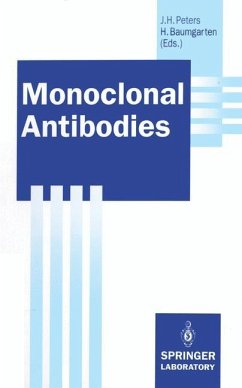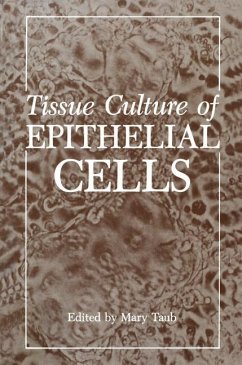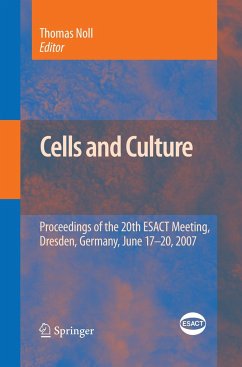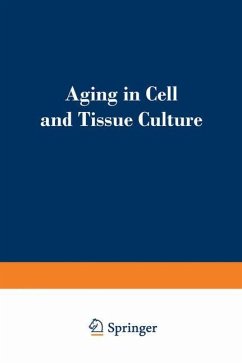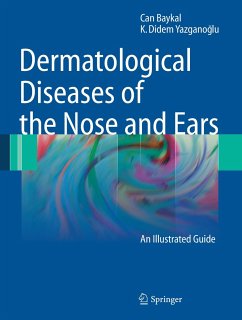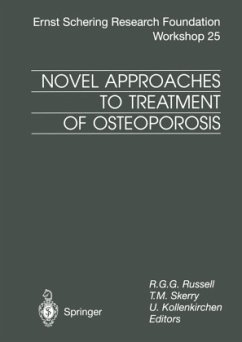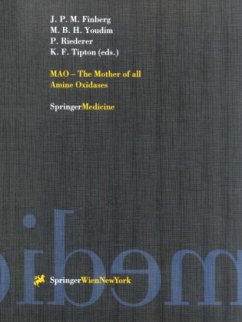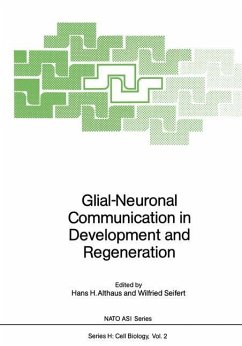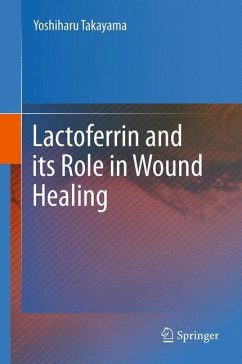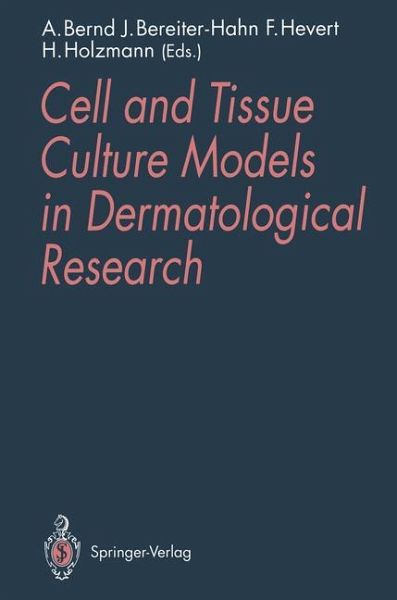
Cell and Tissue Culture Models in Dermatological Research
Versandkostenfrei!
Versandfertig in 6-10 Tagen
76,99 €
inkl. MwSt.

PAYBACK Punkte
38 °P sammeln!
In this volume the impact of cell culture models ondermatological research is discussed by scientists frommedicine, physiology, biology, pharmacology,and pharmacy.The book includes the following topics: orthology andpathology of the skin, differentiation of keratinocytes andfibroblasts, problems of the cultivation of melanocytes,biochemistry of pigment metabolism, models for wound healingand tissue renewal, fibroblast function and metabolism ofcollagen, models for the investigation of ageing as well asmodels for pharmacological and toxicologial tests.Thus, a wide arch is spanned, from basic pr...
In this volume the impact of cell culture models ondermatological research is discussed by scientists frommedicine, physiology, biology, pharmacology,and pharmacy.The book includes the following topics: orthology andpathology of the skin, differentiation of keratinocytes andfibroblasts, problems of the cultivation of melanocytes,biochemistry of pigment metabolism, models for wound healingand tissue renewal, fibroblast function and metabolism ofcollagen, models for the investigation of ageing as well asmodels for pharmacological and toxicologial tests.Thus, a wide arch is spanned, from basic problems withcultivation and characterization of cell cultures toexamples of application. Dermatologists as well as cellbiologists will benefit from this publication.



